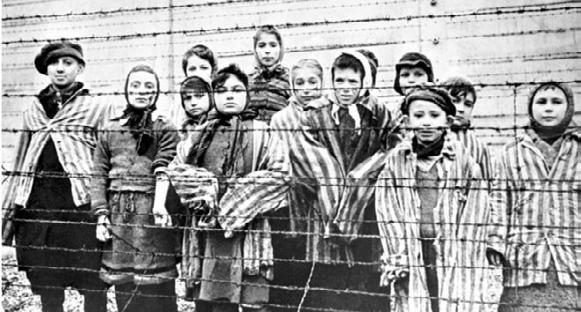
2 minute read
Pesach 2020
from HaSofrim: May 2020
by AUJS
Rabbi Yaakov Glasman
The Jewish world has changed significantly in recent decades. It faces challenges of assimilation that were virtually unknown to our grandparents – challenges that are becoming increasingly difficult to address as society becomes more secularised. Newfound freedoms, affluence and cultural osmosis have blurred the boundaries of traditional Judaism and created an appetite, if not an expectation, for us to change the very fabric of our Jewish identity.
Advertisement
On the one hand this can be seen as a positive. It means many Jews no longer mindlessly adhere to the status quo. They question, engage and necessarily challenge the upbringing of their parents. They force a rethink of what it means to be Jewish and how we choose to identify as Jews in the twenty first century. But if left unanswered, this challenge can also erode the foundations of a 4,000 year old faith.
Ironically, this dilemma goes straight to the heart of Pesach. On Pesach we were emancipated from slavery and born as a people. Previously held under Egyptian rule against our will we were now free to leave behind the chains of slavery. This should have ended the servitude and heralded an epoch of new found liberties and self-determination; a time to escape the shackles of imposed dictates and become masters of our own destinies.
But it didn’t. The exodus didn’t result in absolute freedom. Instead, it precipitated our acceptance of the Torah.
New rules were imposed. New dictates were enacted. Laws restricting who we can marry, what we can eat, what we can say and what we can think. The exodus segued into an unconditional acceptance of G-d’s laws – all 613 of them.
And yet, herein lays the answer to our dilemma. The Sages had no qualms in dubbing Pesach the festival of our “freedom” - because freedom does not mean the absence of boundaries. Freedom is not a licence for unbridled choices in life - it must be coupled with discipline and self-control. In the context of Judaism, we must embrace the freedoms of the modern era whilst remaining true to the core values that have shaped us since our inception as a nation.
As Rabbi Lord Jonathan Sacks so succinctly puts it in his Haggadah, “Do not think that the story of Pesach ends with the exodus. It only begins there. It is one thing to believe in G-d when you need His help. It is another when you have already received it. Affluence, no less than slavery, can make us forget who we are and why”.
The world has indeed changed and we must adapt accordingly if we are to survive as a people. But this cannot be done at the expense of what created us a people in the first place – our faith and our timeless traditions.









